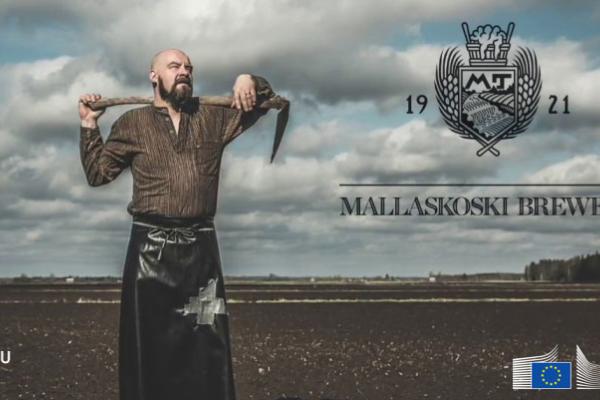- Country or region
- Uruguay
- Mercosur
- Trade topics
- Negotiations and agreements
- Trade policy
Relations between the EU and Uruguay are governed by the Framework Co-operation Agreement concluded in 1992.
Since then bilateral relations have intensified, including in economic terms (the EU is the biggest source of investment in Uruguay).
The follow-up of this agreement entails meetings of the EU-Uruguay Joint Commission, including on trade matters. This Commission met in March 2017. The following Joint Commission should meet again in 2021.
As a member of Mercosur, Uruguay is also a Party to the EU-Mercosur Framework Co-operation Agreement signed in 1995, which includes provisions on trade cooperation. Uruguay participated fully in the negotiations of an EU-Mercosur Association Agreement.
Trade picture
- The EU is currently Uruguay's third trading partner after China and Brazil, capturing 11% of its total trade. EU-Uruguay total bilateral trade amounted to €2.3 billion in 2020.
- EU exports to Uruguay are dominated by manufactured products such as chemicals (32%), machineries (21%) transport equipment (9%) and plastics (4%). This four categories account for two thirds of the EU exports to Uruguay. (2020 data).
- Almost half of the EU imports from Uruguay are pulp of wood, paper and paperboard (49%) while others were animal products (24%), vegetable products (8%) and wood (4%). (2020 data).
- The EU is the most important investor in Uruguay with 35% of the FDI in the country and investment stock of approximately €21 billion (2019). In recent years some important EU investments in the country's forestry and paper production sector have had a major impact on overall Foreign Direct Investment levels in Uruguay.
- EU exports of services to Uruguay accounted for €860 million in 2019 and EU imports for €487 million, with a positive balance for the EU (€363 million).
The EU and Uruguay
Uruguay in Mercosur
A future EU-Mercosur Association Agreement will provide a boost to regional trade integration among the countries of Mercosur and stimulate new opportunities for trade with the EU by removing tariff and non-tariff barriers to trade.
The Mercosur-EU Association Agreement covers, among other issues, trade in goods and services, investment, intellectual property rights (IPR) aspects including protection of geographical indications, government procurement, technical barriers to trade and sanitary and phytosanitary issues, trade and sustainable development.
Uruguay and foreign investment
- The possibility of access to other Mercosur markets plays an important role in the attractiveness of Uruguay as a destination of Foreign Direct Investment; a fact that is reinforced by major investments in the Uruguayan forestry and paper production sector.
Trading with Uruguay
- Importing into the EU from Uruguay
- EU trade defence measures on imports from Uruguay
- Exporting from the EU to Uruguay
- Trade relations are part of the EU's overall political and economic relations with Uruguay
- Uruguay is a member of the World Trade Organization
Latest news
Today, the EU and four Mercosur countries finalised negotiations for an EU-Mercosur partnership agreement.
The EU and Mercosur are engaged in constructive discussions with a view to finalising the pending issues within the Association Agreement.
Joint communiqué of the European Union and Mercosur.

